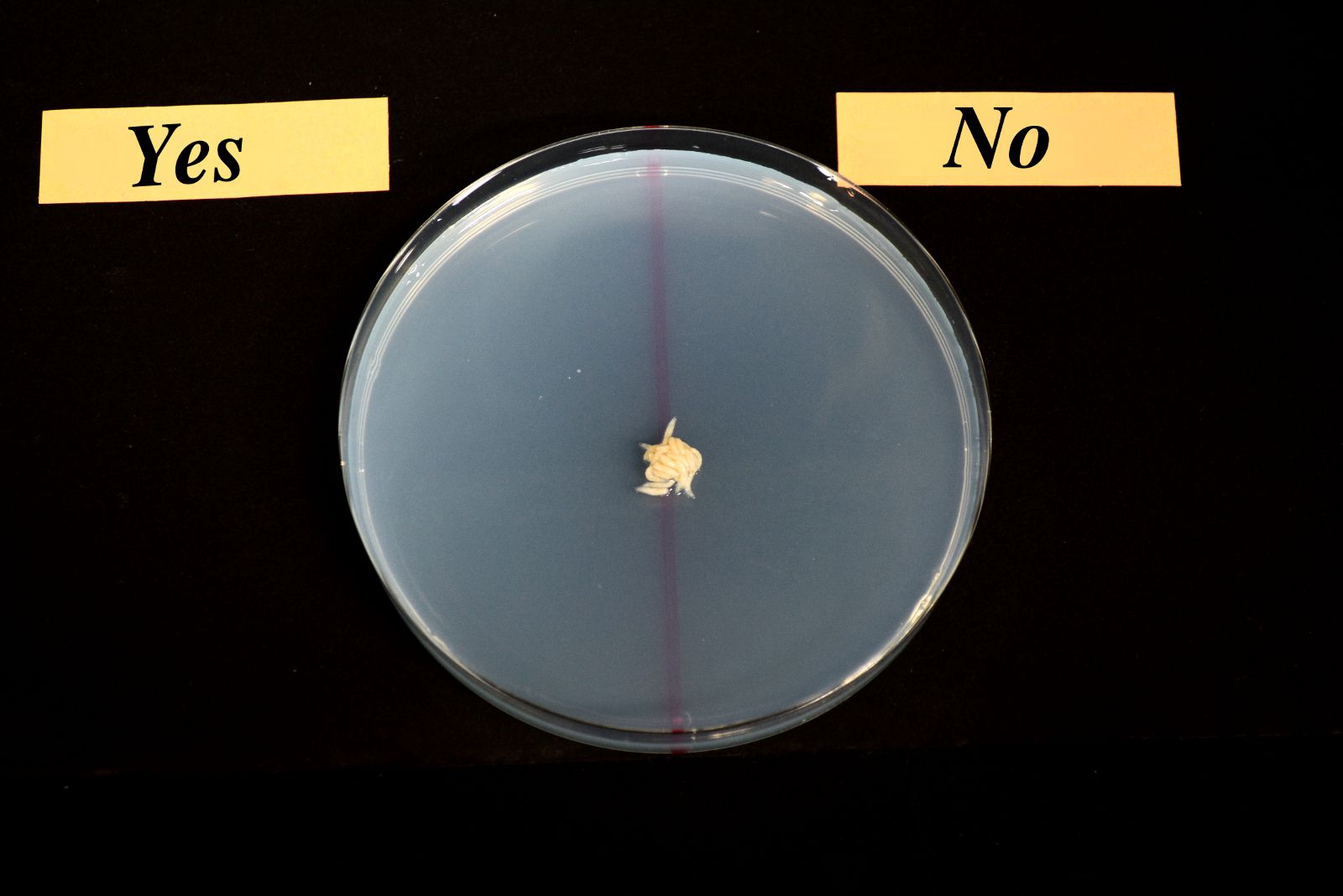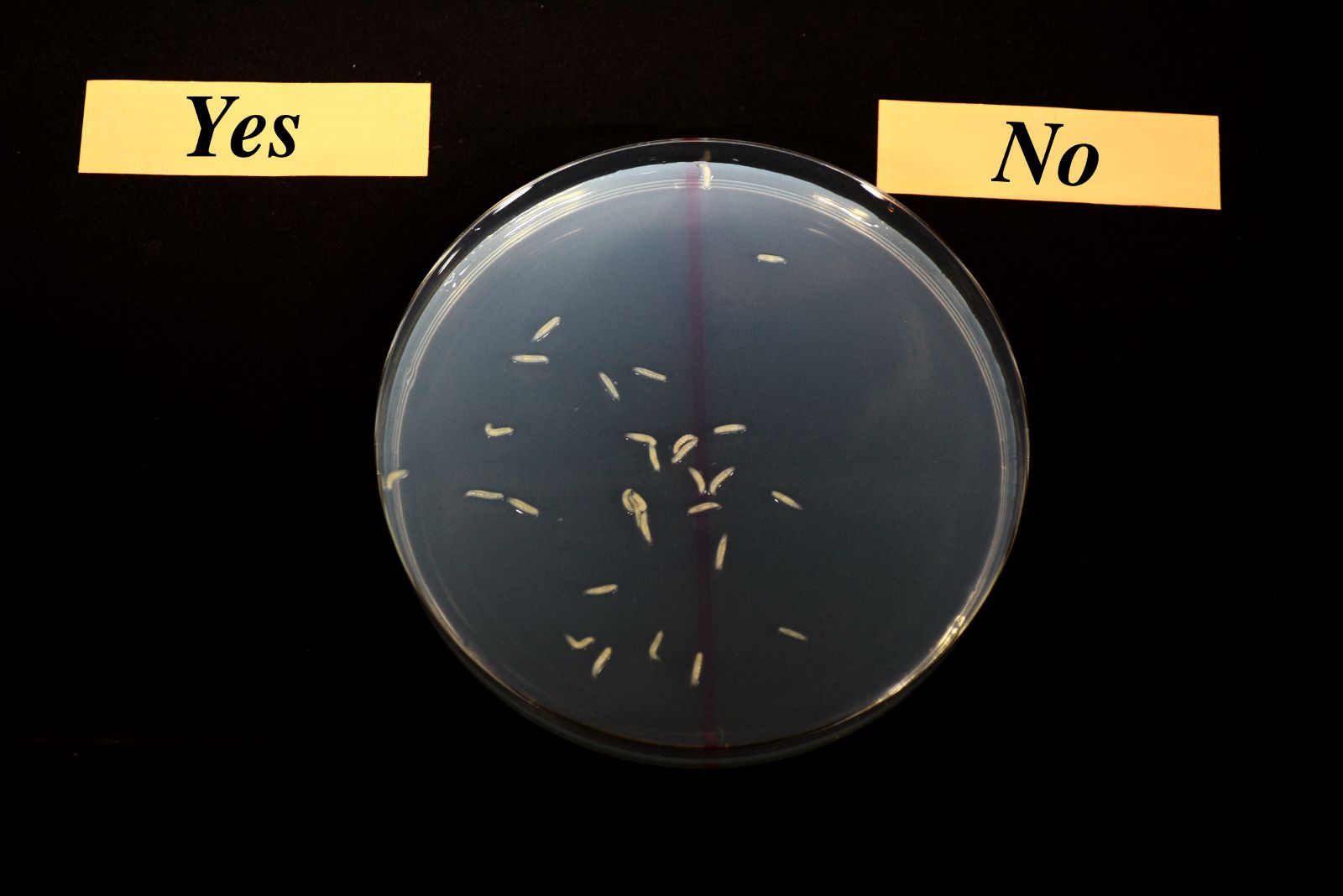Team:KIT-Kyoto/Project
From 2014.igem.org
| Line 143: | Line 143: | ||
<div class="clear"><hr /></div> | <div class="clear"><hr /></div> | ||
| - | < | + | <h1 id="shortfilm">Short Film</h1> |
<div class="scroll"></div> | <div class="scroll"></div> | ||
<p class="sentence"> | <p class="sentence"> | ||
Revision as of 01:35, 18 October 2014
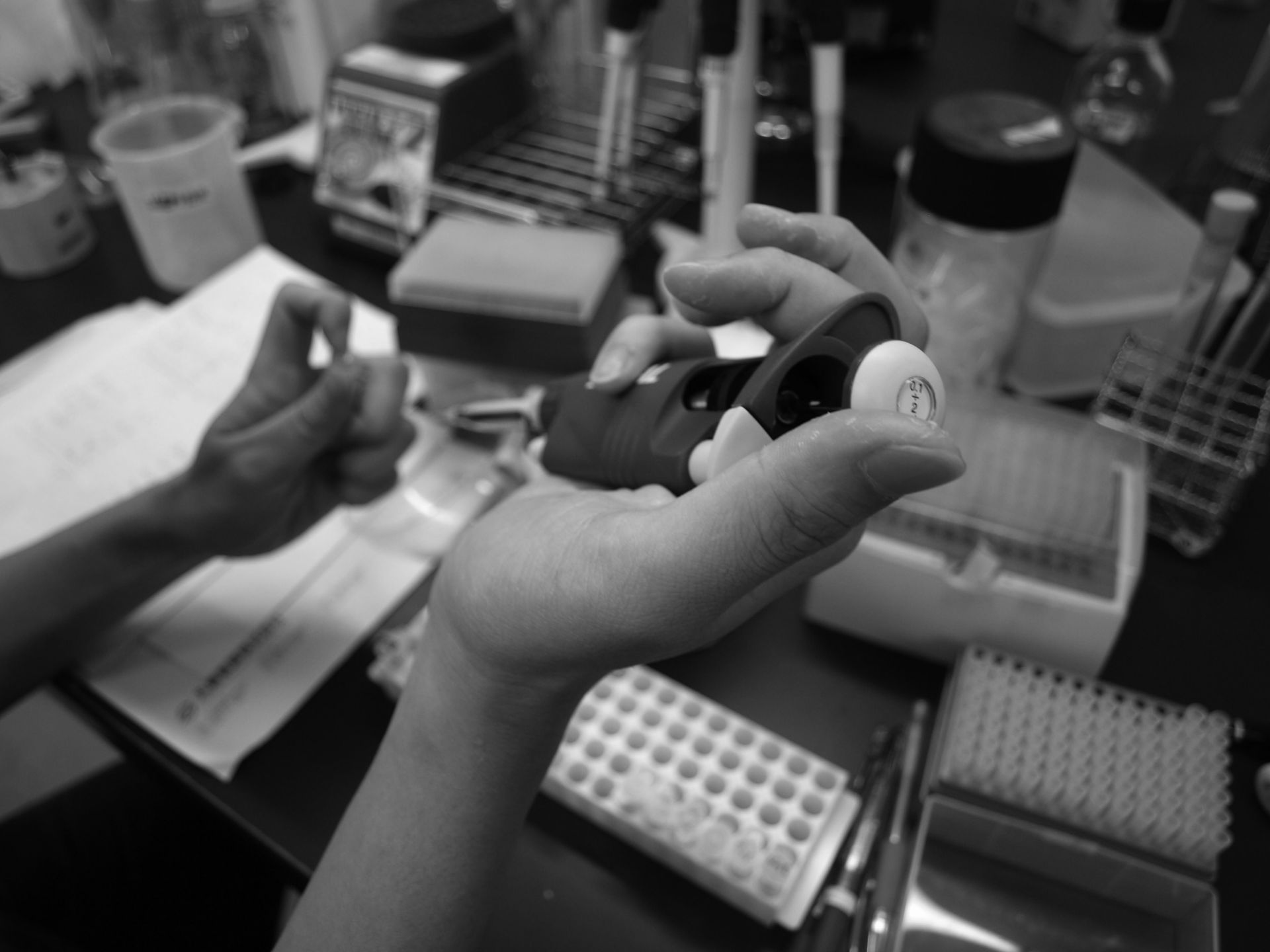


Project
Overview
As a part of Policy & Practices project, we conducted a survey on people’s attitudes toward genetic engineering. The results showed that the general public does not feel familiar not only with genetic engineering but also with science. So we designed our project in order to change this for the better.
What can we do to make science more appealing to everyone? One of the solutions for us was to harmonize science with arts. You may say that science is incompatible with arts. But KIT actually constitutes of science and arts majors embodying a fusion of them, as its philosophy posits “Wisdom, Beauty and Technology”. Our project fused science and arts in a KIT way. With the help of E. coli, S. cerevisiae, D. melanogaster and C. elegans, we decided to use not only color but also scent and MOTION, as the new elements to enliven the artwork livelier. Please enjoy it.
E. motion=E. coli+Motion

Gallery
Conventional BioArt
sentence
a
a



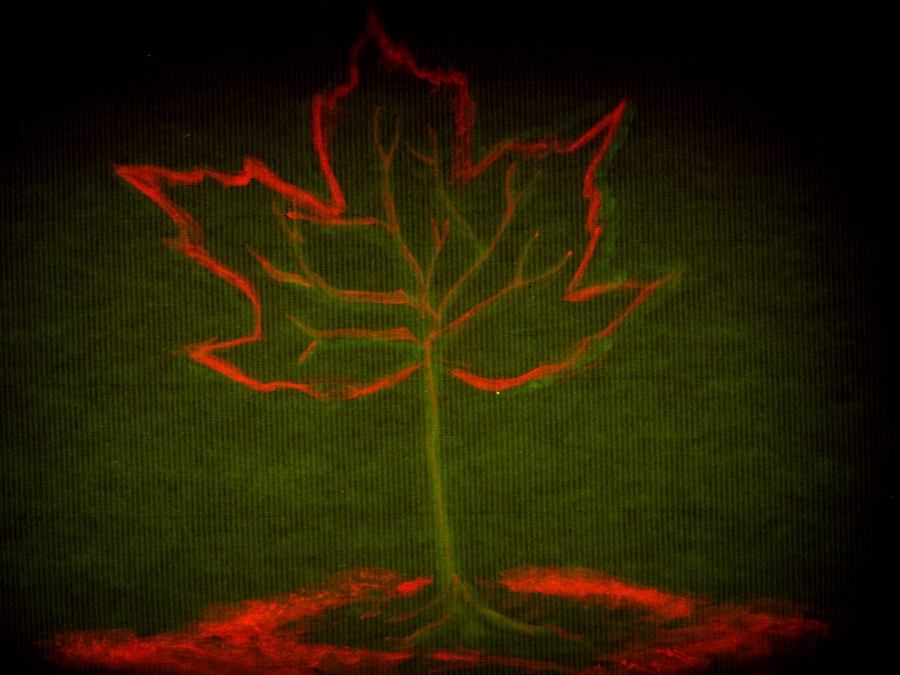
New Generation BioArt
Glowing Trails of Drosophila
E. coli producing limonene was inoculated. Limonene is controlling the behavior of Drosophila.

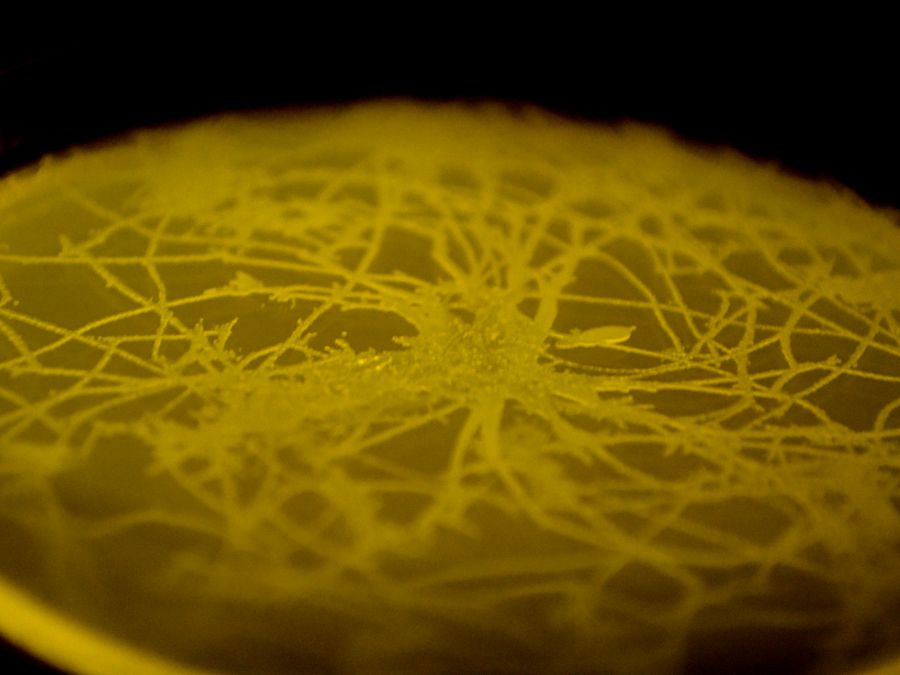

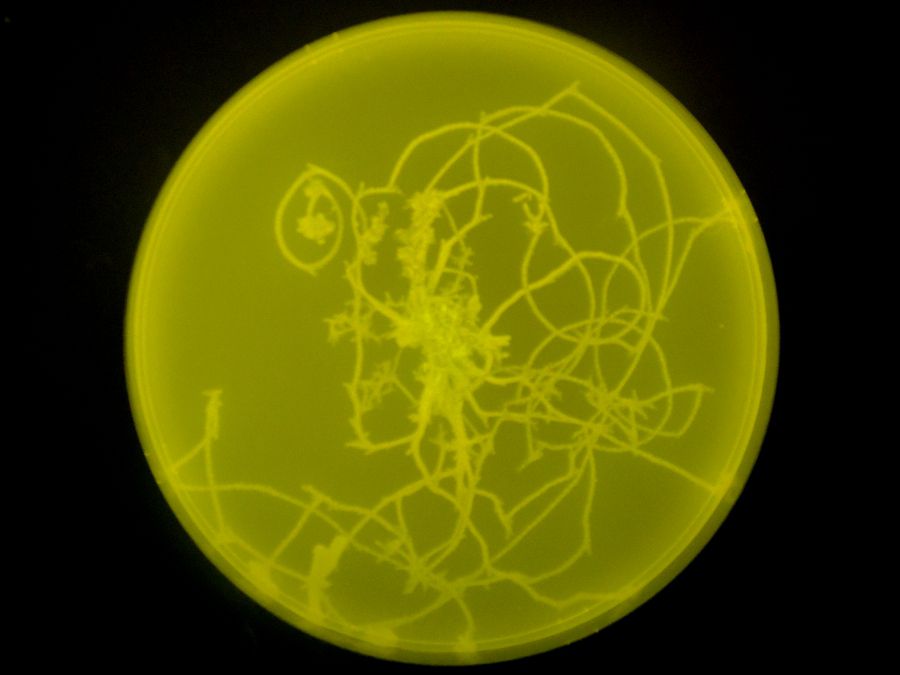
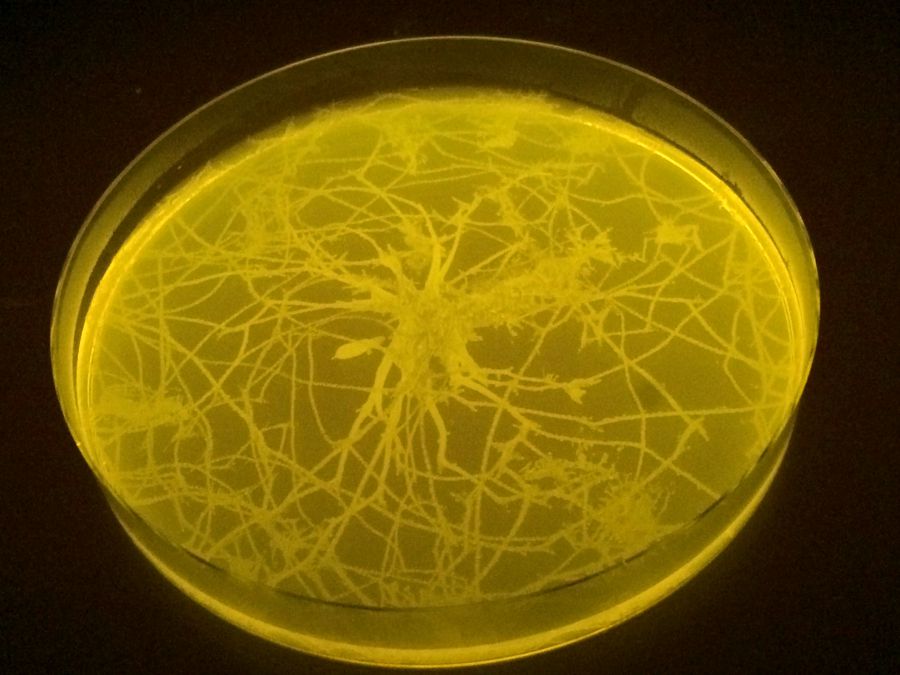
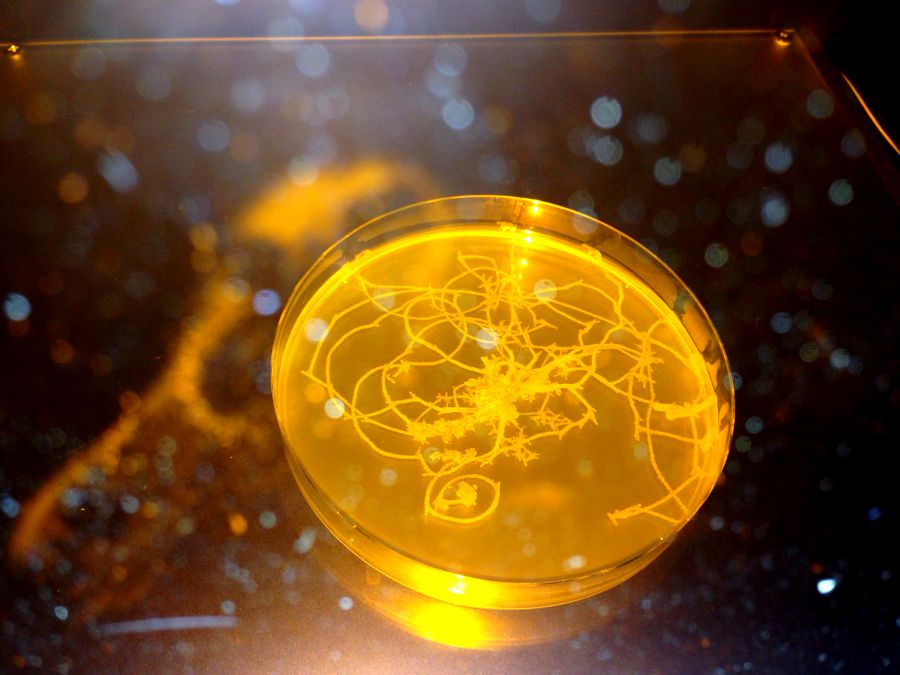
C. elegans and the Feast.
Nematodes that were fed GFP-induced E. coli.


Do You Like Limonene?
Short Film
KIT-Kyoto made an introductory video "How to make basic BioArt." We hope that more people can find genetic engineering appealing. With a little bit of labware, you can make BioArt! → ShortFilm
 "
"

